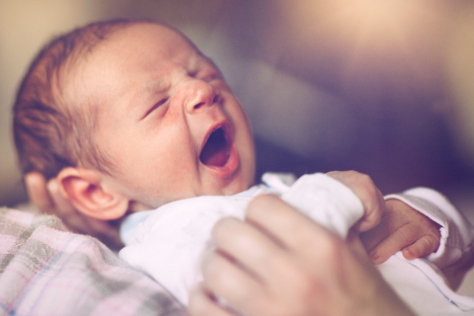Your fourth trimester: Newborn
What to expect from your fourth trimester of pregnancy: life with a newborn

Everyone’s aware of the three trimesters of pregnancy, but you may not be aware of the fourth.
What is the fourth trimester?
This is the period from the moment your baby’s born and stretches till they reach the three month mark. This is a period of time that will see huge change in your newborn’s development In their first weeks in the world.
Why is it called the fourth trimester?
Odd as it may seem as you are no longer pregnant, but there is a reason for this term. Due to the huge period of growth your baby goes through during the first three months out of the womb. Their level of development is on par with how much change they went through in the womb, therefore it’s termed a trimester.
So what can I expect from my baby in the fourth trimester?
In the first three months of life, your baby will be refining and developing their senses and controlling reflexes, as well as learning how to respond to you. They will also start to get used to a variety of smells, noises, sounds and lights which is a huge change for your little one after nine months of being cocooned in your womb.
Senses are limited and still developing at birth. Babies are born with sight, but it’s very blurred. Again with hearing, babies can hear but it’s muffled early on and difficult for them to distinguish between different sounds.
Much of your baby’s nervous system in the brain also continues developing in the fourth trimester. Adapting to all these changes is what the fourth trimester is all about.
How will I notice my baby adapting to all this change?
There are some key things you can look out for that show your baby is adjusting to the outside world in the fourth trimester.
They include:
- Settling into more regular patterns for feeding and sleeping
- Losing the startling reflex and breathing more steadily
- Controlling their own movements better
- Better ability to sleep through noise than in the early days
- Developing the ability to settle themselves back to sleep if they wake
- Learning how to get your attention when they need something – by crying
- Increased attention span so they begin to focus on faces around them and begin to interact with them – usually by smiling at around 6-8 weeks